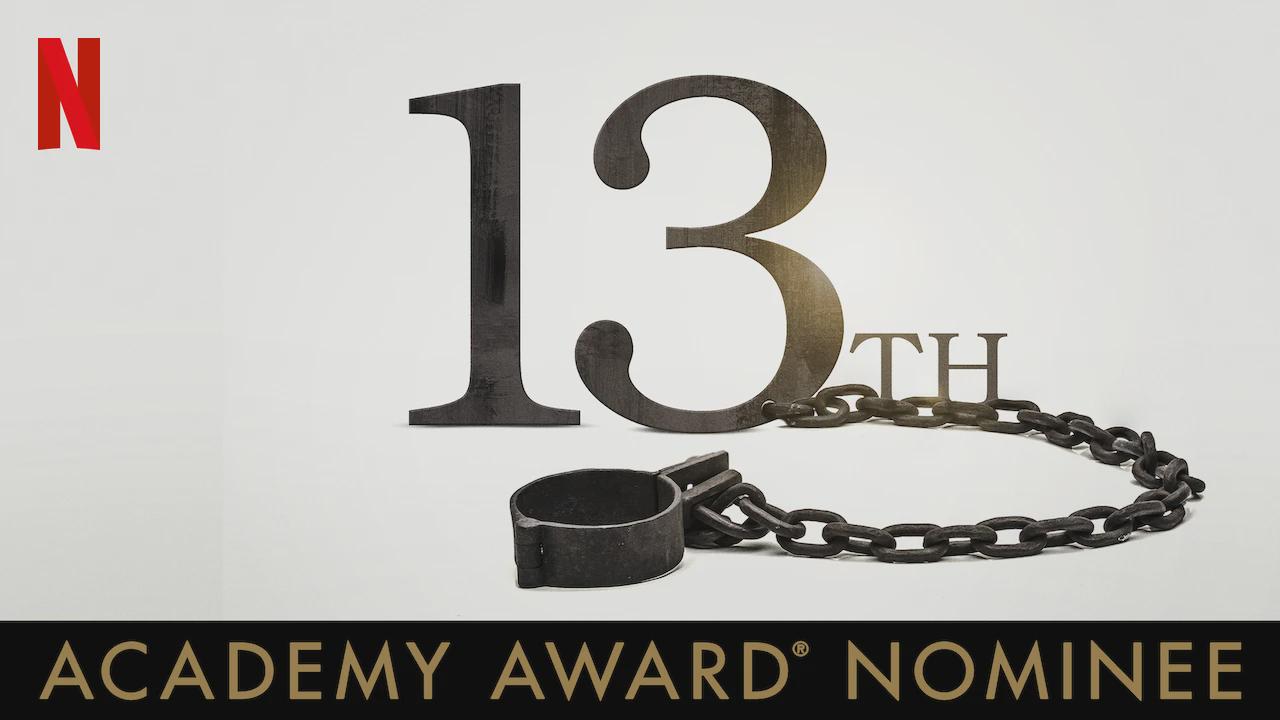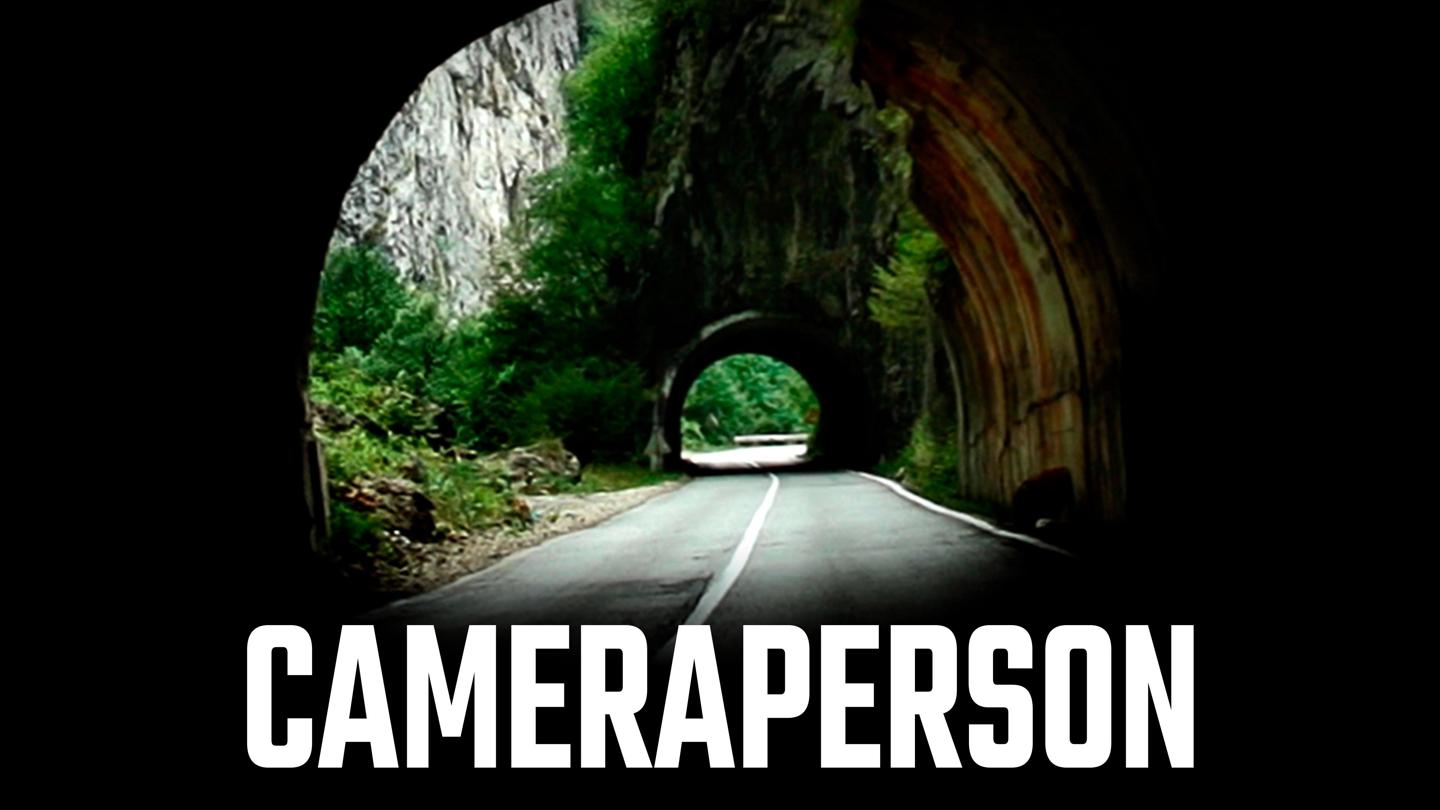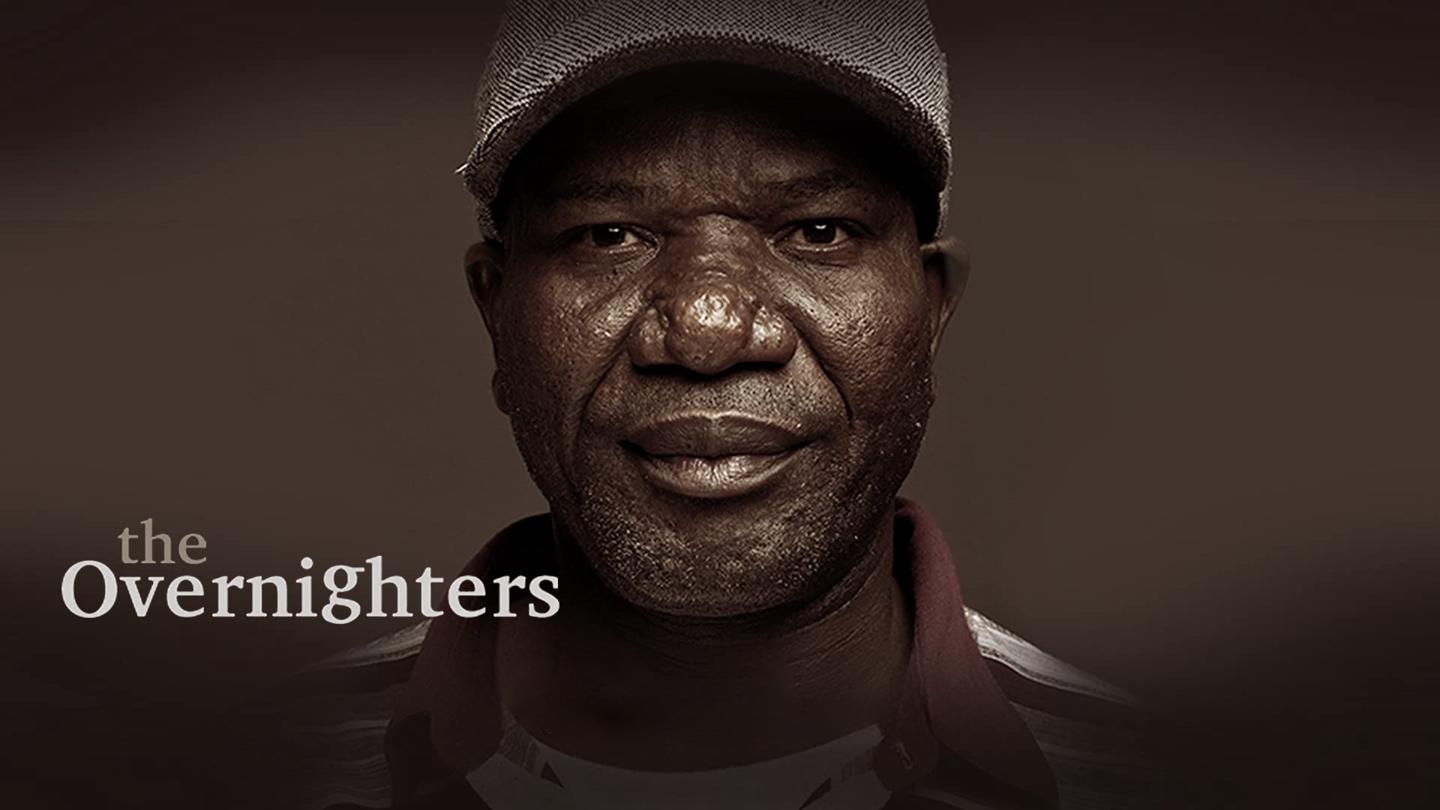
Quick Info
"13th" is one of those documentaries that burns itself into your memory for all the right reasons. Directed by Ava DuVernay, it unpacks the history of racial inequality in the United States, specifically focusing on the nation’s prisons and the ugly legacy of the 13th Amendment. Basically, the doc argues that slavery never really ended, it just evolved into mass incarceration. The premise sounds heavy, and it absolutely is, but DuVernay has a way of making the heavy stuff stick without weighing you down with academic jargon or self-congratulation.
The documentary’s pace is relentless, but in a way that makes sense. "13th" jumps from one era to another with precision, layering news footage, interviews, music, and animations. It never feels rushed, though. Instead, it’s like getting hit by revelations one after another. If you like your documentaries slow and meditative, this might feel like a caffeine jolt in comparison. But honestly, for a film about urgent, continuing injustice, the quick pace fits perfectly.
What really stands out here is the range and quality of the interviewees. You get everyone from Angela Davis to Newt Gingrich, hip hop scholars, activists, and unexpected voices from both sides of the aisle. Their input doesn’t just serve to nod along in agreement, either. DuVernay includes perspectives that clash, which makes the film feel less like propaganda and more like a conversation you’d have late at night with friends who actually want to solve problems.
The cinematography in "13th" might not be the first thing you notice, but it’s worth mentioning. There’s this sharp, kinetic energy to how scenes are cut together. Newspaper headlines slide across the screen, mugshots flicker by, and there are stark juxtapositions of black and white footage that never feel gimmicky. It’s visually stylish for a documentary, but not in a way that gets in the message’s way.
It’s the use of music that really pulled me in emotionally. The soundtrack alternates between bracing hip-hop tracks and mournful spirituals, accenting the themes of anger, resistance, and survival. When Public Enemy’s lyrics hit in the context of discussing "law and order" rhetoric in politics, it genuinely stings. There’s careful curation at play — the songs are part of the story, not just background seasoning.
As for emotional weight, "13th" is devastating without being manipulative. There are moments where statistics hit hard — like the fact that the US has 5 percent of the world’s population but 25 percent of its prisoners. You get story after story of real people who make those stats matter on a personal level. While there are talking heads, in a good way, the personal narratives feel raw and present, not just tacked on for drama.
Not everything is perfect, though. "13th" is so intensely focused and urgent that it can feel a little exhausting by the end. The film isn’t especially hopeful, either. There are suggestions of what could improve, but it’s mostly an alarm bell, not a comfort. Some viewers might come away wishing for more on-the-ground action or practical policy solutions — that’s just not what this film is offering. It's more about shaking you awake.
Looking back, "13th" doesn’t revolutionize the documentary form, but it uses all the familiar tools ferociously well. It’s a film I think about anytime there’s a news story on prisons or race in America, which is often. If you care at all about justice, history, or the messiness of American politics, this is essential viewing. It’s not easy, but it is unforgettable.
The R8 Take
If you found "The Central Park Five" gripping, "13th" will leave you buzzing and angry. It’s urgent, stylish, and deeply important — not to be missed, even if you need to take breaks.



